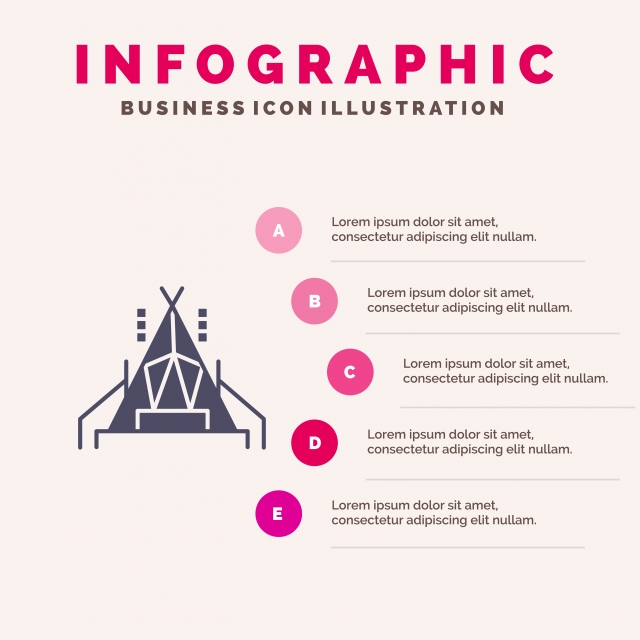Selecting the right structure material is important for occasion outdoors tents. Whether it's layered steel for budget camping tents or plated light weight aluminum for durable applications, there are many considerations to bear in mind.
Steel frameworks are common in lower-priced pop-up camping tents yet are prone to deterioration even with coatings and need routine upkeep. Aluminum is lightweight, naturally stands up to corrosion, and holds up well in damp or seaside settings.
Steel
When it concerns making sure the longevity of personalized tents, the material used in their frames plays an essential function. Steel and aluminum alloys both provide premium resilience, but each offers distinct advantages that make it appropriate for different types of environments. Steel is optimal for tough problems, while light weight aluminum master withstanding deterioration and lessening maintenance costs.
When occasion hosts pick the right tent for their requirements, they need to think about aspects like anticipated weather. As an example, structure tents often do better in gusty or stormy problems than post outdoors tents due to the fact that they do not rely upon a main post to sustain the framework. Nonetheless, the links between structure pieces can damage in high stress and anxiety scenarios. Recognizing these weak points and performing normal examinations can help avoid potential damages.
Steel structures are hard to reduce, weld or form, which can require specialized tools and boost labor costs. Furthermore, they have a tendency to rust or corrode conveniently and might need additional defense or finishings. Additionally, steel is very heavy and can create concerns when transporting a canopy. It's additionally hard to save for extended periods of time because it uses up much more room than aluminum frames.
Aluminum
Light weight aluminum is a popular structure material for canopy tents since it's light-weight, rust-resistant, and simple to transport and set up. It additionally offers a more secure shelter throughout gusty conditions than steel frames. Light weight aluminum is less prone to tearing and any type of damage can be easily fixed, prolonging the life of the camping tent. It additionally takes a breath to minimize condensation and supplies remarkable acoustic insulation to dampen outdoors noise.
The longevity of aluminum framework tents is further improved by the natural oxidation buildings of the metal. It creates a compact oxide layer that protects the surface area from corrosion and discolorations. Because of this, the longevity of an aluminum turn up tent can be boosted even better when the framework is plated.
Anodized light weight aluminum is more powerful than steel and can withstand high wind speeds. In addition, the finish withstands rust and discolorations, expanding the lifespan of the tent. Furthermore, plated light weight aluminum is recyclable and sustainable, making it perfect for companies seeking LEED certification. The combination of these properties makes aluminum an extra cost-efficient alternative than steel for huge, sturdy camping tents, such as those utilized to accommodate industrial equipment and stockroom supply. Steel, on the other hand, is extra expensive since it requires pricey alloys such as nitrogen, molybdenum, and chromium to boost toughness.
Iron
Iron structure camping tents usually last as much as 15 years if the best care and maintenance is applied. This includes on a regular basis cleaning up material and examining metal elements for rust and wear. By taking these measures, occasion hosts can optimize the dependability of their frames and guarantee their continued performance in tough atmospheres.
Steel is a perfect product for building durable outdoors tents, particularly for use in rough weather. It is a strong, tough, and affordable product that provides security and durability for a wide variety of applications. Nonetheless, steel is prone to rusting in damp and coastal atmospheres. The addition of safety finishings and normal maintenance can aid to reduce this threat, however these initiatives boost overall upkeep costs.
On the other hand, aluminum is a much more durable option for a custom camping frame tent as a result of its natural oxidation residential or commercial properties. When plated, aluminum comes to be super-strong and up to 3 times harder than conventional light weight aluminum alloys. This makes anodized light weight aluminum the second-hardest substance alongside ruby (satellites, aircraft, and military automobiles all use anodized light weight aluminum). Along with its resilience, plated aluminum is likewise extra resistant to rust than steel. These variables make light weight aluminum an excellent option for turn up canopy tents and add to their ability to bring longer service warranties (5, 7, and even lifetime frame guarantees). In addition, aluminum is 1/3 the weight of steel enabling a much thinner structure design for more personalization options and enhanced stamina.
